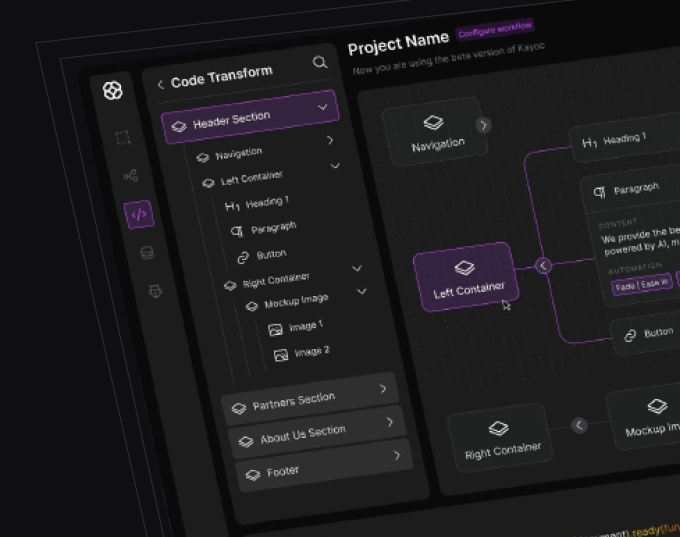Managed Benefits
Services & Solutions

Services & Solutions
Heimler’s Journey From Blind Spots to Business Clarity – A3Logics Unleashes the Power of Live Intelligence
Discover More
Redefining the Future of Lending – Cred Fintech’s Monumental Transformation with A3Logics
Discover More
Revolutionizing Credit Risk – How A3Logics and Heimler Redefined Trust and Precision with Machine Learning
Discover More
Transforming Risk to Opportunity – A3Logics and Heimler Revolutionize Credit Risk Modelling
Discover More





















We simplify the complex task of managing workforce benefits for you. With our managed services, our certified benefits advisors assist you in evaluating, selecting, and administering the best employee benefits plans for your employee while keeping you compliant.

Benefits Plans Management Provide an attractive benefits package for building
Get advice from our seasoned benefits consultants whenever you need it.
Whether you’re looking to upgrade or keep your existing plan, we’ll identify cost-saving options for you.
With managed benefits, we manage the transfer of enrollment data to your insurance carriers.
Get real-time support from our expert team for all your benefits-related queries.
A3Logics comes with in-built compliance tools to keep you away from legal worries.
We handle the COBRA administration duties for all your eligible employees.
We provide multiple benefits guides, videos, and webinars to educate your employees about their coverage options.
We provide multiple benefits
guides, videos, and webinars to educate your employees about their coverage options.
Get Insights/reports to understand the popularity of your offered plans and identify cost-saving opportunities.
Provide a competitive benefits package that enables you to retain and attract top talent
Our expert benefits advisors assist you set-up the right benefits strategy for your business.
Get continuous support from our expert client success team for all your benefits needs.
A3Logics redesigned the logistics software of a mobile app solutions company’s end customer. The project included creating a comprehensive solution with reporting features, order tracking, and system updating.

“Their distinct flexibility and their strong communication were the project’s main assets.”


A construction technology company hired A3Logics for custom software development. They created a construction digital platform that allows users to see project areas, distribute resources, and share data.
“Their software has proven essential in the construction sector.”

A3Logics created and implemented a custom logistics software solution for a wealth management platform. This included developing features and integrating real-time tracking and data analytics functionalities.

“They ensured our collaboration went well by providing timely items and responding quickly to our requests.”


A3Logics created and executed a personalized Generative AI system that featured chatbots for customer service, prediction algorithms, and AI-powered data analysis tools.

“Their technical expertise and reactivity were excellent.”


A3Logics has developed an administrative management system for a health testing company. The product is designed to handle operations such as consultant matching, time reporting, and compensation management.

“The collaborative team we’ve worked with has shown great flexibility and excellent project integration.”


A transportation company hired A3Logics to create a custom software program for freight activity tracking. The team also created invoicing tools and a driver-tracking system connected to a dispatch system.

“Their thorough inquiry and engagement with our team reflect their commitment to understanding our requirements.”


Managed benefits services can help manage and administer employee health benefits, including medical, dental, vision, life insurance, disability plans, as well as employee-funded retirement contributions/accounts. Additionally, managed benefits could provide services such as help with open enrollment, testing compliance and tracking payroll deductions, payroll deductions setup and calculation, COBRA support & renewal as well as taxation guidance related to benefit administration and funding of timesheets.


Marketing Head & Engagement Manager